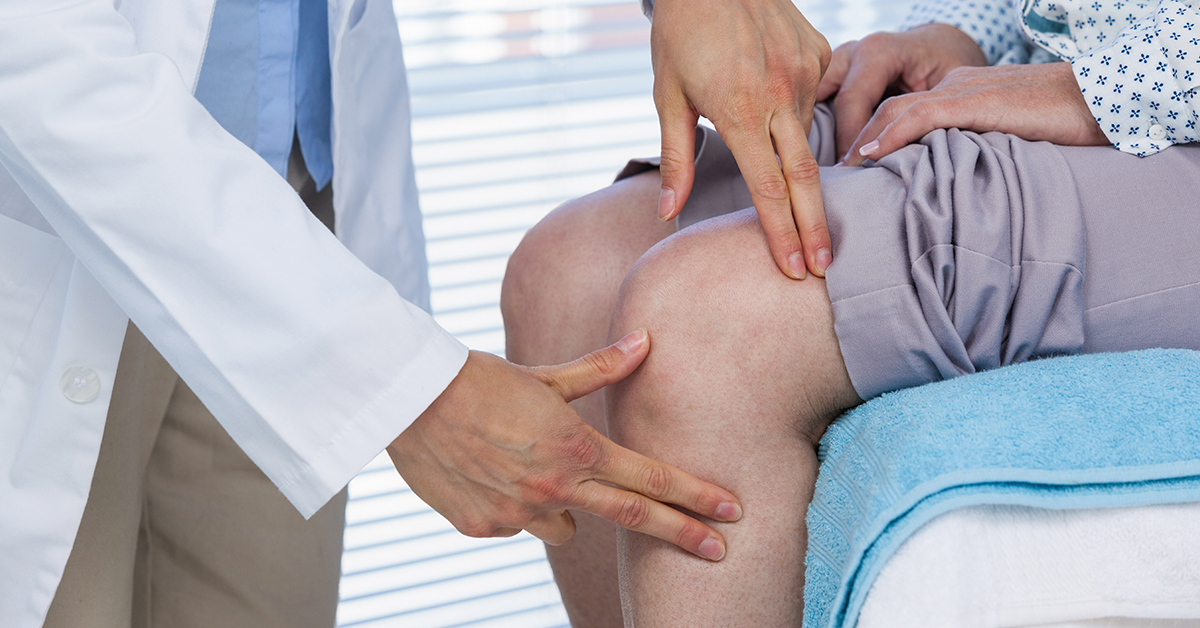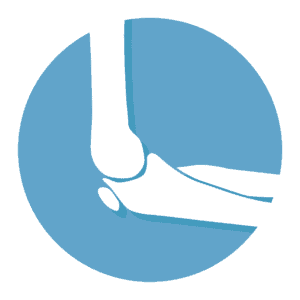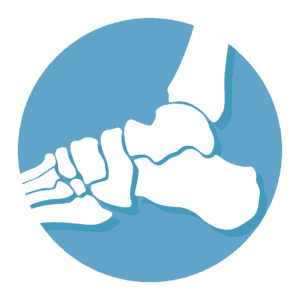
What Are Fractures of the Tibial Spine?
A fracture of the tibial spine is a condition in which an area in the knee called the tibial spine is fractured. The tibial spine is the ridge of bone on the top of the tibia, or shin bone, where the anterior cruciate ligament, or ACL, attaches in the knee. The ACL is an important ligament for stabilizing the knee while allowing flexibility.
What Causes Fractures of the Tibial Spine?
Tibial spine fractures are most often caused by severe trauma or injury to the ACL. The stress to the ACL can force it to pull bone fragments away from the tibia, especially if the patient's bones have not finished maturing. This condition is seen most often in young athletes, as their ACL may be stronger than their tibial spine. In adults, the ACL may tear before the tibial spine can fracture.
Symptoms and Diagnosis
Symptoms of this condition may be similar to the symptoms of a torn ACL. One of the most common symptoms of this condition is pain at the knee's center or front. Other symptoms of fractures to the tibial spine may include knee weakness, as well as swelling and bruising in the area of the tibial spine.
How are Fractures of the Tibial Spine Treated?
Treatment options may vary depending on the severity of the condition, the patient's general health, and other factors. Immobilization with a full-length cast or brace is one of the most common treatment options. This bracing may be done with the knee slightly bent for several weeks. Other treatment options may include anti-inflammatory medications and rest. If the condition is very severe, surgery may be required.








